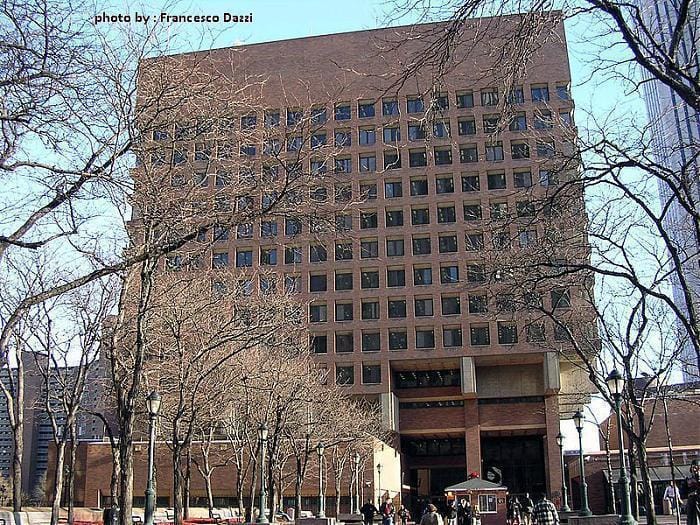In a significant development that has raised eyebrows within both law enforcement and the community, FBI agents executed a search warrant at the home of a high-ranking official in the New York Police Department (NYPD). This action follows allegations that the official demanded sexual favors from subordinates in exchange for approving overtime pay, a serious breach of ethical and legal standards that govern police conduct.
The allegations surfaced after multiple complaints were made by individuals who claimed they were coerced into providing sexual favors to the official. These claims prompted an internal review within the NYPD, which eventually led to the involvement of federal authorities. The FBI’s decision to search the official’s home underscores the gravity of the accusations and the potential implications for the NYPD’s reputation and public trust.
As the investigation unfolds, the NYPD has stated that it is fully cooperating with the FBI and is committed to ensuring that any allegations of misconduct are thoroughly investigated. The department emphasized that it takes such claims seriously and that accountability is paramount in maintaining the integrity of law enforcement agencies.
The search warrant executed by the FBI reportedly sought various forms of evidence, including electronic devices, documents, and any other materials that could substantiate the allegations. The investigation is still in its early stages, and authorities have not disclosed the identity of the official involved. However, the situation has garnered significant media attention, particularly given the ongoing discussions surrounding police accountability and reform.
This incident is not isolated; it reflects broader concerns about misconduct within police departments across the United States. In recent years, there have been numerous high-profile cases involving police officers accused of unethical behavior, ranging from excessive use of force to sexual misconduct. These cases have sparked nationwide protests and calls for reform, as communities demand greater accountability from those sworn to protect them.
The allegations against the NYPD official also raise important questions about the culture within law enforcement agencies. Critics argue that a culture of silence and complicity can often shield misconduct from scrutiny, making it difficult for victims to come forward. The involvement of the FBI in this case may signal a shift toward greater oversight and accountability, as federal authorities take a more active role in investigating allegations of police misconduct.
In addition to the immediate implications for the official involved, the investigation could have far-reaching consequences for the NYPD as a whole. Public trust in law enforcement is critical, and incidents of misconduct can erode that trust, making it more challenging for officers to effectively serve their communities. As the investigation progresses, the NYPD will need to address these concerns transparently to reassure the public that it is committed to ethical conduct and accountability.
The legal ramifications for the official could be severe if the allegations are substantiated. Depending on the findings of the investigation, he could face criminal charges, disciplinary action from the NYPD, or both. The legal process will unfold as evidence is gathered and analyzed, and it is essential for all parties involved to ensure that justice is served.
As this story continues to develop, it serves as a reminder of the critical importance of ethical behavior within law enforcement. The public expects those in positions of authority to uphold the law and maintain the highest standards of conduct. Allegations of misconduct not only impact the individuals involved but also have broader implications for the communities they serve.
In conclusion, the FBI’s search of the NYPD official’s home marks a significant moment in the ongoing dialogue about police accountability and ethical conduct. The investigation will likely be closely monitored by both the public and law enforcement agencies, as it has the potential to influence future policies and practices within the NYPD and beyond. As the investigation continues, it is imperative that the principles of transparency and accountability guide the process, ensuring that justice is pursued for all parties involved.



